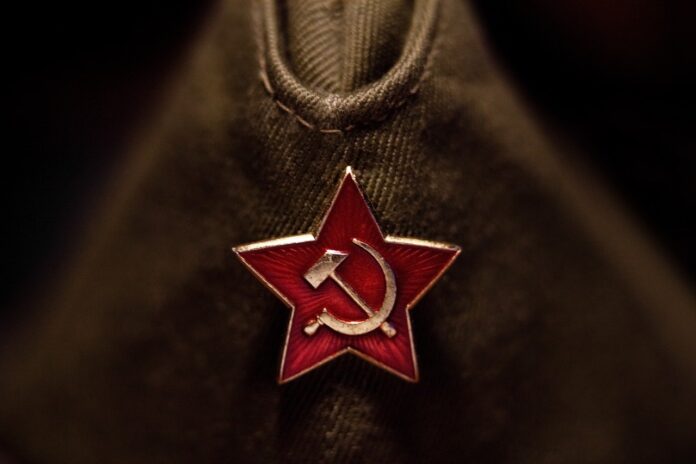The latest military assessment by the Ukrainian government suggests that more than 120,000 Russian troops have been deployed along the Russian-Ukrainian border, thus increasing worries that Russia is planning to wage a military attack on the nation.
The report states that Russia Troops might attack the Donbas region of Ukraine, currently populated by separatists who have engaged in a 7-year-long war with the Ukrainian government.
On December 9th, 2021, Russian military officials warned the Ukrainian government against settling a heated conflict between the separatists in Donbas, using a statement that further alleviated the tension created by the deployment of the Russian military along its border.
The Ukrainian government’s assessment report suggests that Russia occasionally deploys and accumulates military troops along the Ukrainian border to sustain the tension and place political pressure on its neighboring states. However, the report maintains that Russia’s ultimate goal is to gain control over Ukraine and abolish its Euro-Atlantic aspirations.
Currently, the Ukrainian government has not established an actual timeline for the invasion. However, US intelligence suggests that Russia might strike between January and late February. Furthermore, the US government has warned of severe sanctions in case of an attack that could adversely impact Russia’s economy. Nonetheless, the Russian government denies all allegations speculating a military attack.
The majority of Russians feel that perhaps the outcome of this war will be a protracted conflict since the Russian culture does not subsist alone without Ukrainian identity. Though since Russians consider themselves to be inextricably linked to Ukraine through eternities of cultural, lingual, economic, diplomatic, and family connections, they are unlikely to consider the Ukrainian government to invest the state in western countries, and they also insist that Ukraine not be admitted to the NATO pacts or host additional Western troops. As a consequence, many Russians believe that conflict may continue to arise as a result of the disintegration of the Soviet Union, which coincided with the secession of a region that Russians had long considered an extension of their territory.









